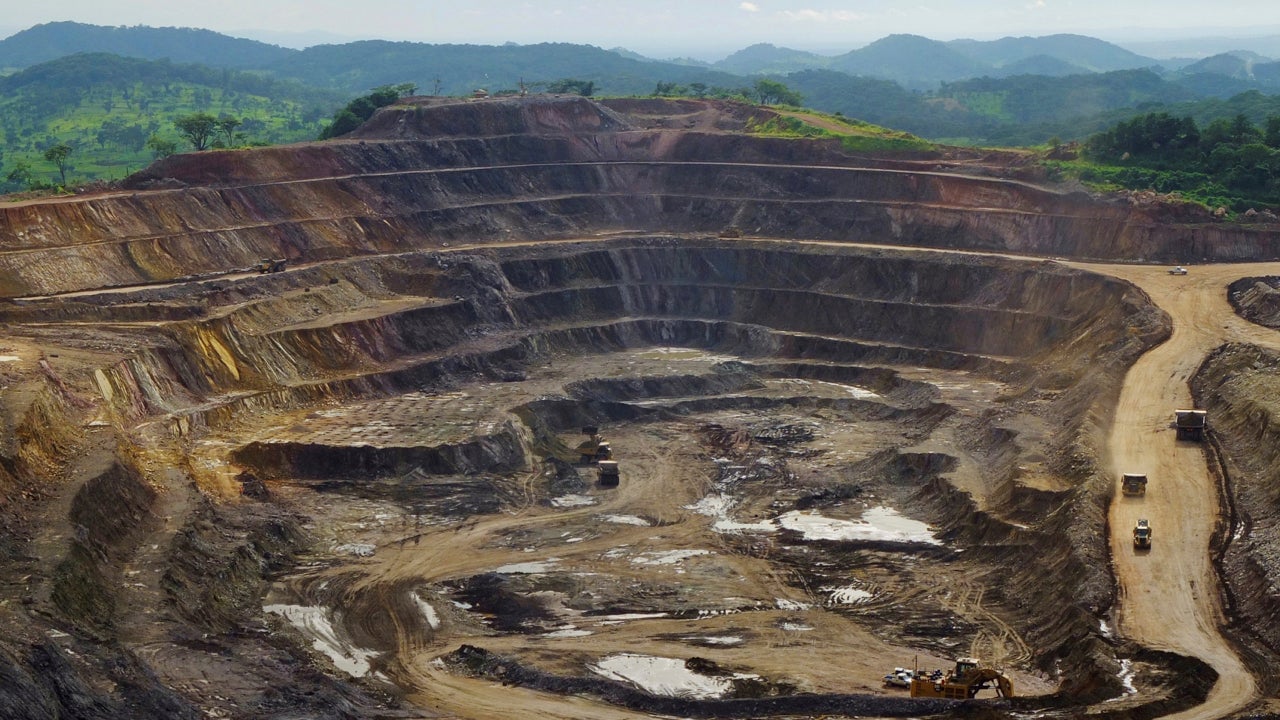Markets are actually holding companies accountable for human rights violations
Can companies that violate human rights be held accountable? The answer, historically, has often been no. Despite many accusations and even indictments, vanishingly few multi-national companies from mining to manufacturing have been convicted of violating human rights.


Can companies that violate human rights be held accountable? The answer, historically, has often been no. Despite many accusations and even indictments, vanishingly few multi-national companies from mining to manufacturing have been convicted of violating human rights.
But companies operate with an implicit social license alongside their legal corporate charter. Flagrant human rights violations, even when courts aren’t around to enforce the punishment, can threaten their ability to do business by disrupting companies’ access to markets—scaring away investors, suppliers, or customers—or trashing their reputation.
In a recent working paper, Oxford University economist Nathan Lane and his co-authors at Monash University examined the use of this power in civil society, assessing how the killings of mining activists affected the financial fortunes of companies associated with those murders. They show it’s surprisingly potent.
“It’s actually terrible to be publicly connected to the assassination of activists,” said Lane. These killings are on the rise: After recording almost none per year in the late 1990s, about 60 documented murders of mining activists have been recorded annually in recent years, a third of which are linked to public mining companies. Ten days after an assassination, Lane and his colleagues found, the market valuation of associated companies fell by an average of about $100 million. The pattern of general decline persisted for at least 90 days after the event.
The researchers propose media attention was the primary force driving down companies’ stock prices. “The pattern is robust,” Lane says. “Human rights press has bite…even where the likelihood of being formally held accountable for malfeasance is very small.” The authors note that the public companies studied may not have orchestrated the violence, since they companies often have limited control over local actors, but were publicly linked to the killings in the popular press and public documents.
The researchers found a delay in share price declines if media attention was crowded out by other news, but the effect emerged during subsequent news cycles. Lane noted the “strikingly similar” patterns of losses when looking at a company’s expected share price, as well as similar firms unaffected by the event.
Yet the question remains: Does this really change corporate behavior in the long run? That’s hard to track. Companies (and investors) do change their behavior after these events, says Lane. Institutional investors sensitive to reputational risk tend to reduce stakes in companies linked to ethical and legal changes. Some corporations change in less meaningful ways, such as a name change: The mining firm now known as BHP rebranded from ‘BHP Billiton’ after 19 people were killed when a dam burst at one of its joint ventures in Brazil two years before.
But Wesley Longhofer, a sociologist at Emory University’s Goizueta Business School, who was not involved in Lane’s study, says it strengthens findings that civil society’s ability greatest leverage is restricting companies’ access to market, even more than customer boycotts.
“This is why media coverage becomes a really important mechanism, and negative human rights issues affect corporations,” he said. Investor revolts, declining share prices, and litigation threats drive changes in corporate boardrooms.
Longhofer pointed to Nike as an early example. Negative media attention in the 1990s drove the company to clean up its supply chain (with mixed results). More recently, the tragic collapse of the eight-story Rana Plaza factory building in 2013 killed more than 1,000 workers, most of them garment workers for international brands. While Longhofer said the response wasn’t an unqualified success (European and American brands split over sanctions for companies that failed to adopt reforms), an unprecedented corporate effort followed that has led to safer working conditions.
More importantly, companies are now becoming more proactive. “Corporations have an obligation to respect human rights,” says Longhofer. “Over the last 10 years, more companies are trying to develop HR frameworks that follow the UN guiding principles,” a non-binding 2011 international framework asserting companies must respect and protect human rights, and offer remedies for parties if violations occur. Companies such as Unilever, for example, now have extensive human rights policies and report on their compliance with the UN principles (pdf)—albeit with mixed success.
This “private voluntary regulation” is now spreading throughout the global economy. In many countries, it will likely be up to civil society that it has the intended effect.